|
|
||
|
Pro Tools
FILMFESTIVALS | 24/7 world wide coverageWelcome ! Enjoy the best of both worlds: Film & Festival News, exploring the best of the film festivals community. Launched in 1995, relentlessly connecting films to festivals, documenting and promoting festivals worldwide. Working on an upgrade soon. For collaboration, editorial contributions, or publicity, please send us an email here. User login |
Kung-Fu Magyar: An Interview With Hungarian Director Bence Miklauzic
Kung-Fu Magyar?
A comedy. A story of friendship and rivalry. A kung-fu film without a fight. Huh? Confused? You won't be after listening to Bence Miklauzic, talking about his new film, Children of the Green Dragon, one of the most popular films this week among audiences at the Warsaw Film Festival.
Hungarian film director Bence Miklauzic is forty years old. And his second feature film, Children of the Green Dragon, had its European debut this week at the Warsaw Film Festival. Just back from the Pusan International Film Festival in South Korea, one of Asia's most popular and respected festivals, Miklauzic talked to our Warsaw correspondent, Robert Bodrog, about current Hungarian cinema, being innovative, and his upcoming film projects.
Robert Bodrog: Is this your first time in Poland?
Bence Miklauzic: I was here before on the Script East program. We applied and we were invited. It was, like, three weeks ago. That was my first time here.
RB: How would you describe your film, Children of the Green Dragon, in terms of story, genre and style?
BM: Let's say it's a kung-fu film without any actual fight. It sounds like I'm kidding, but just a little. The story is about a friendship between a Hungarian guy and a Chinese guy who lives in Hungary and guards a storage warehouse. They accidentally meet. The Hungarian real estate agent must sell the warehouse, so the Hungarian must spend a lot of time there, and they meet. They're there, and a friendship develops between them. But, there is [a conflict] between them, because there is a pizza delivery girl who emerges, and this creates a problem. So there is friendship. There is conflict. There is also a duel in the film.
RB: I don't want you to give too much away. But the plot is very intriguing. Just the idea of a Chinese person in Hungary. Is there a large Chinese community in Budapest?
BM: It's not a large community. Let's say 30,000 Chinese in Hungary, mostly in Budapest. But they haven't appeared in [Hungarian] films previously at all.
RB: Is there something that distinguishes your film as distinctly “Hungarian”, in your opinion?
BM: We had a strange experience [at the Pusan International Film Festival]. We screened the film for a French distributor, and he watched it, and he was very surprised, because he expected a Hungarian film to be very sad, and very gloomy and dark, and so on. And it was a very good surprise for him. We have a good sense of humor in the film, we have a very good message in the film, maybe not in the Hollywood sense, but an uplifting ending. The plot, I think, is very universal. Everyone can understand it. The humor is grotesque and absurd.
RB: Is it a dark humor?
BM: Not dark. It's not a “pure comedy” as a genre. Maybe dramedy is a better word. And it's not a verbal humor. But there are some funny verbal elements. Because the main Chinese character, he speaks Hungarian with a funny accent and pronunciation, but only Hungarians would sense that.
RB: Was the film financed with only Hungarian funding sources? How did you raise the money for this production? What did the funding process involve?
BM: The original plan was to do a co-production with China and Germany, but that didn't work out. I don't think it was commercial enough for them.
RB: What was the total budget for the production?
BM: It was like 700,000 Euros. Very low budget.
RB: Hungary, in terms of film production, like most central and eastern European countries, has a small annual output. How many Hungarian feature films are produced annually? Approximately.
BM: Between 20 and 25.
RB: With a population of around 10 million people, there is a limited domestic market in terms of audience. So, as a Hungarian filmmaker, what are the challenges of trying to appeal to a wider international audience?
BM: If you look at the domestic market, it's really in a miserable situation now. Hungarians don't like Hungarian films, because they think they are all sad, gloomy and dark. And of course, there are some commercial comedies that they like. The distributors don't risk putting big money into other kinds of films. If a film isn't “commercial”, it's hard to get money from distributors.
RB: Well, based on audience response today, which was very positive, you might have a lot of distributors and other people knocking on your door soon, asking about your next project. And, if I may ask, what is your next film project?
BM: We have some plans for different projects. But we have to see which one can be developed in the best way.
RB: Well, good luck with your film, Children of the Green Dragon, and thank you for taking time to talk with me today.
14.10.2010 | Robert Bodrog's blog Cat. : 1 Asia Bence Miklauzic Bence Miklauzic Budapest Business Business Children of the Green Dragon Children of the Green Dragon correspondent Director Entertainment Entertainment Europe film director Germany Hungarian Cinema Hungarian cinema Hungarian language Hungary Hungary interview Languages of Europe Person Attributes Person Career Poland Republics Robert Bodrog South Korea the Pusan International Film Festival the Warsaw Film Festival Warsaw Warsaw Film Festival PEOPLE
|
LinksThe Bulletin Board > The Bulletin Board Blog Following News Interview with IFTA Chairman (AFM)
Interview with Cannes Marche du Film Director
Filmfestivals.com dailies live coverage from > Live from India
Useful links for the indies: > Big files transfer
+ SUBSCRIBE to the weekly Newsletter Deals+ Special offers and discounts from filmfestivals.com Selected fun offers
> Bonus Casino
User imagesAbout Robert BodrogThe EditorUser contributions |



















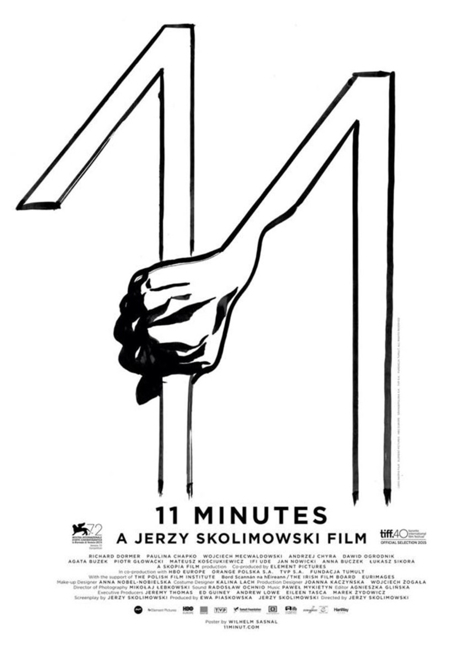
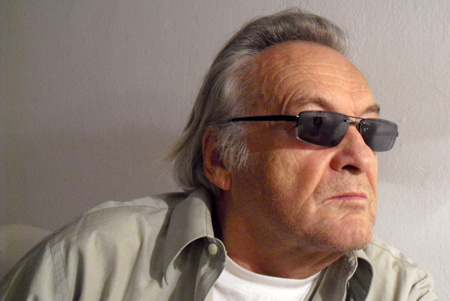
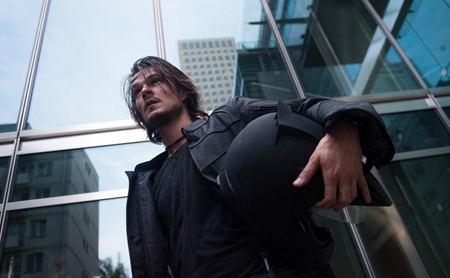
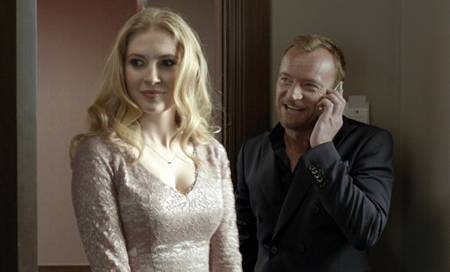
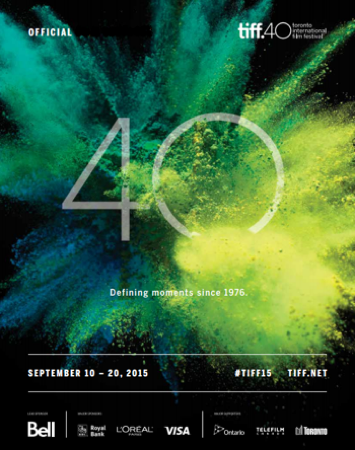
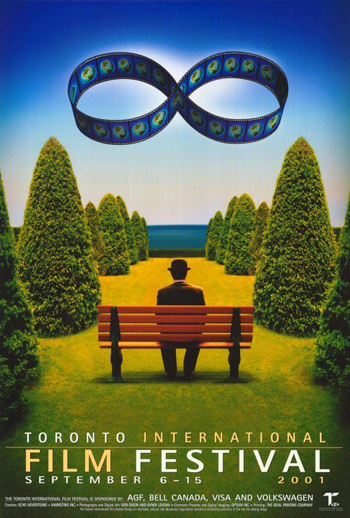
 Bodrog Robert
Bodrog Robert 


